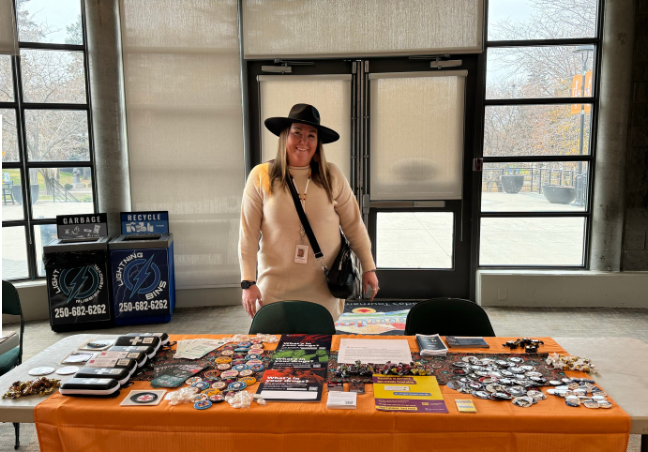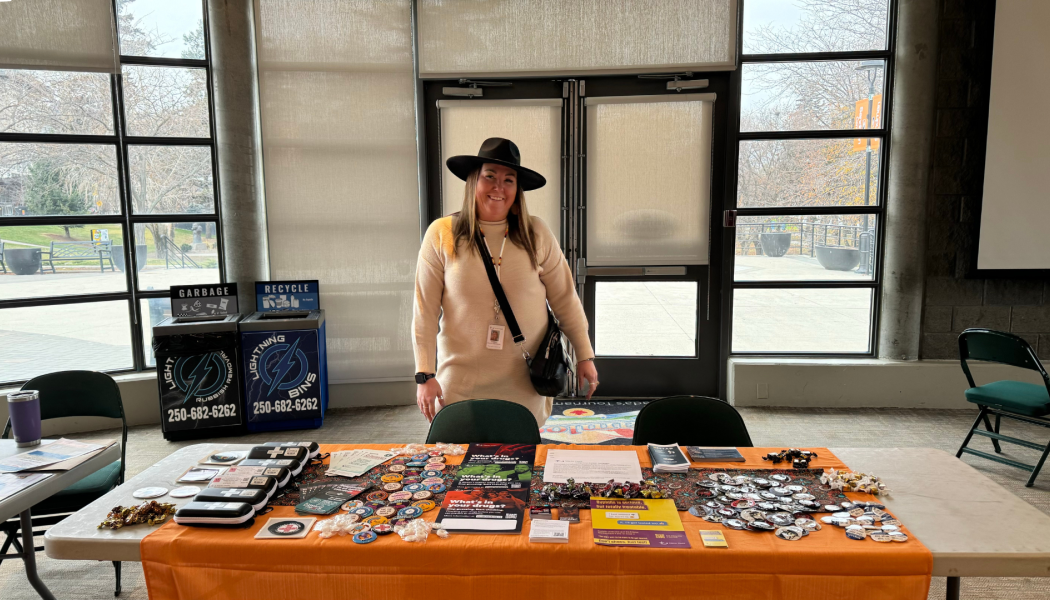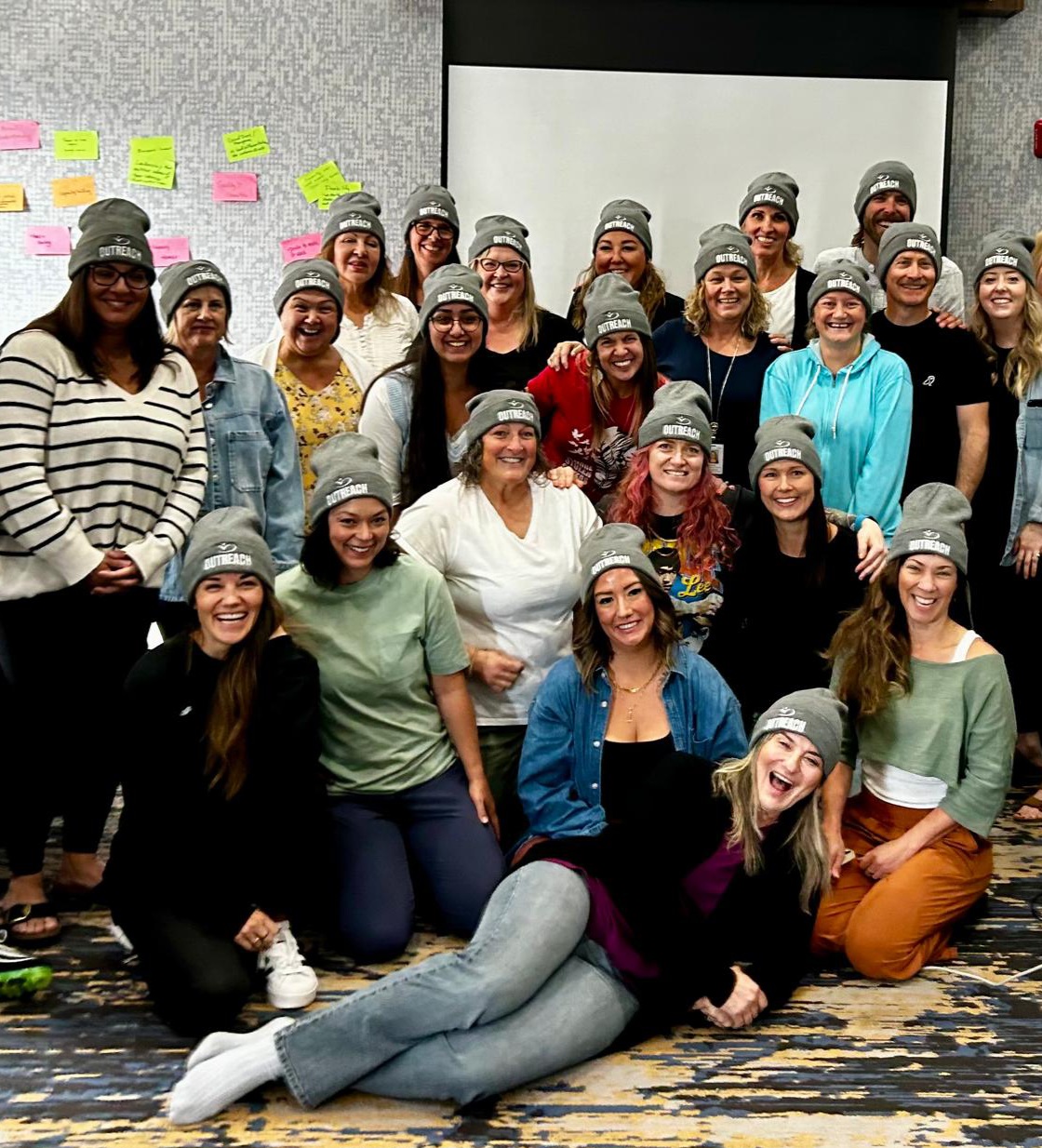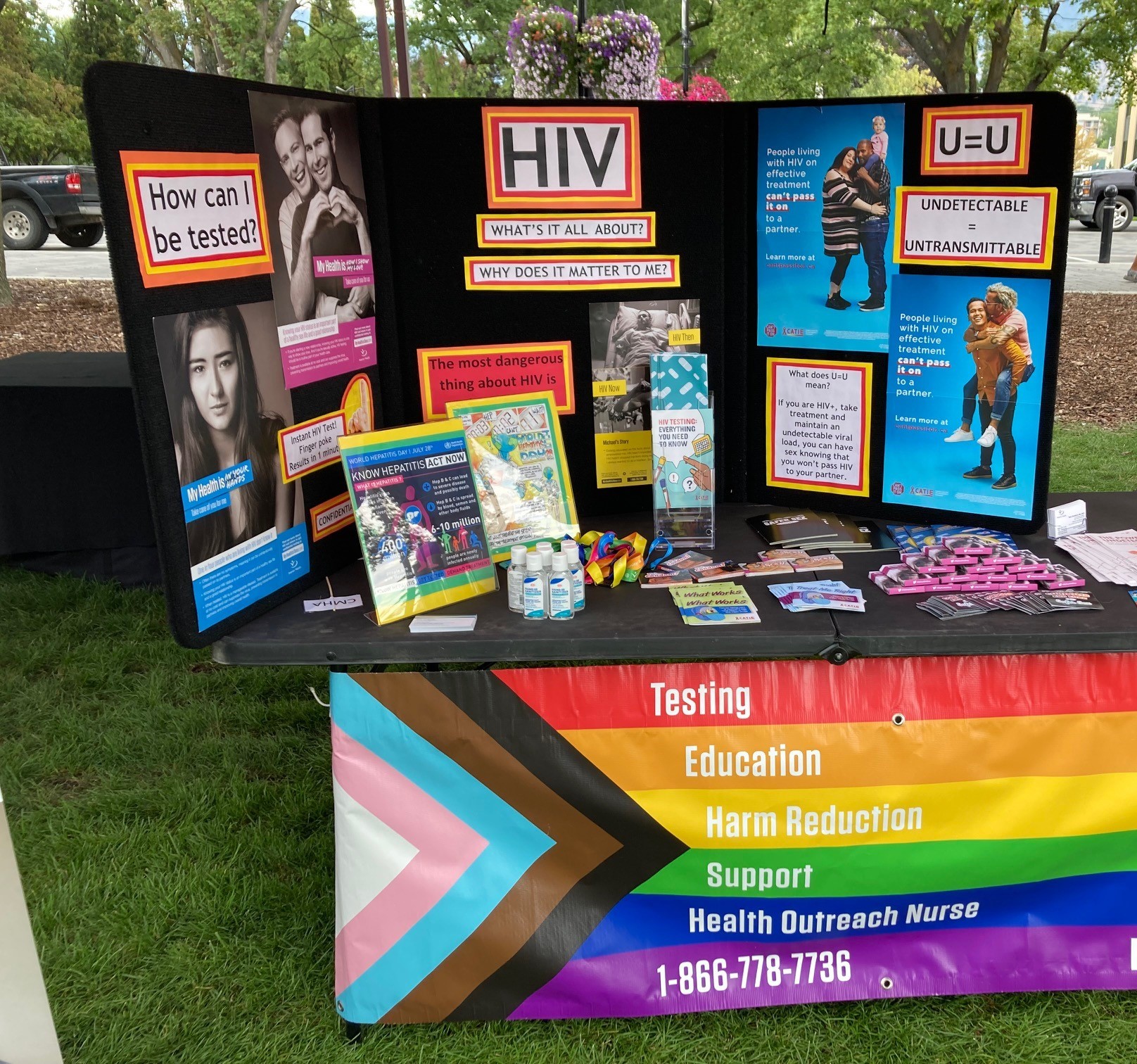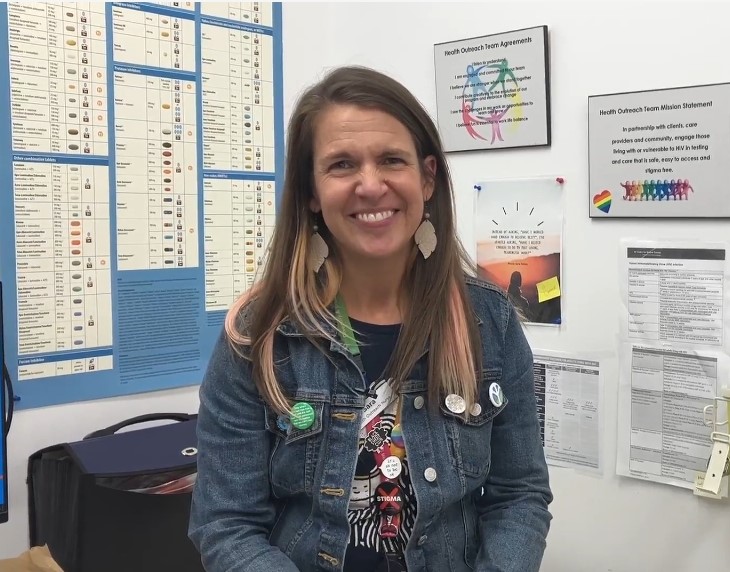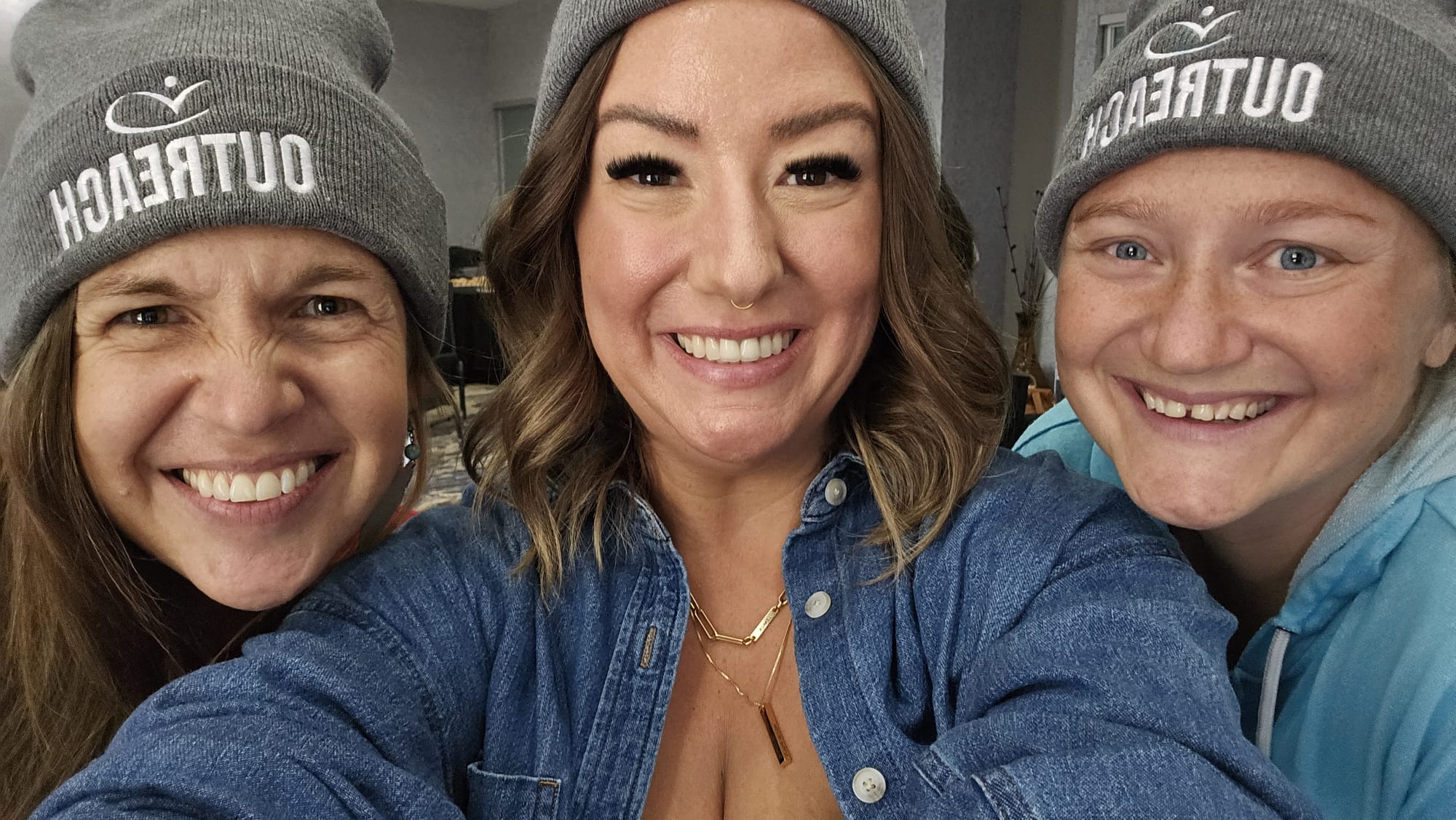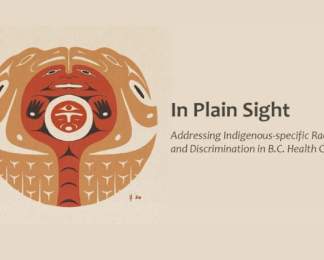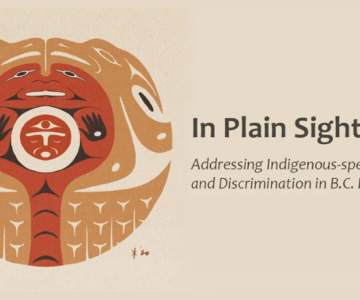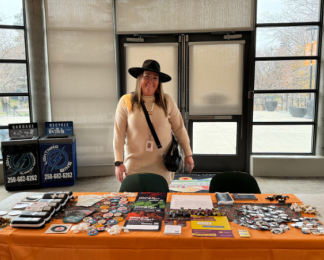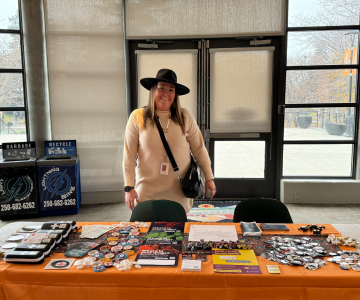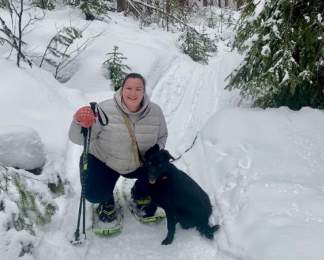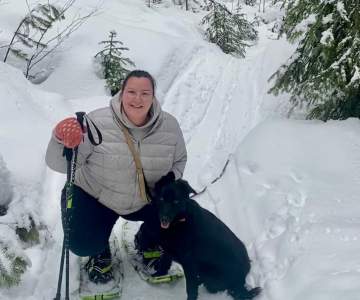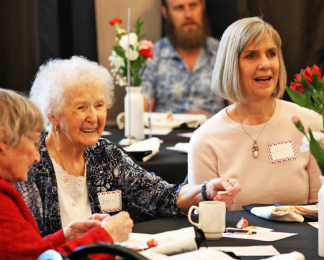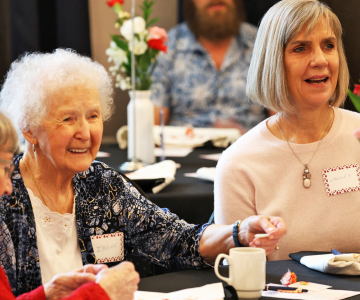Regular testing for sexually transmitted infections (STIs) like syphilis, chlamydia and HIV are an important part of your health-care routine, a healthy sex life and good relationships.
Many communicable diseases and infections transmitted by blood show no symptoms and can be passed on. In fact, one in seven people who are HIV-positive don’t know it.
When we think of HIV, it’s hard not to remember the 1980s AIDS epidemic when HIV was a “death sentence.” Today, HIV is highly treatable. While it is a chronic infection with no cure, medications help people live a healthy and full life.
Still, some people report that testing for HIV is easier said than done. Besides not being able to easily access services, people can feel embarrassed and self-conscious when seeking HIV and STI testing. Or they are nervous and scared about finding out their test results. Indigenous clients are vulnerable due to stigma and barriers to accessing culturally safe care.
We’re out to change that. We sat down with Natalie Howe, a Population Health Program Specialist for Street and Health Outreach, and Kristina Stewart, the team’s regional Indigenous Patient Navigator. We asked them how the Outreach team supports our most vulnerable clients and how they’re working to make HIV testing barrier-free for all in the Interior Health region.
